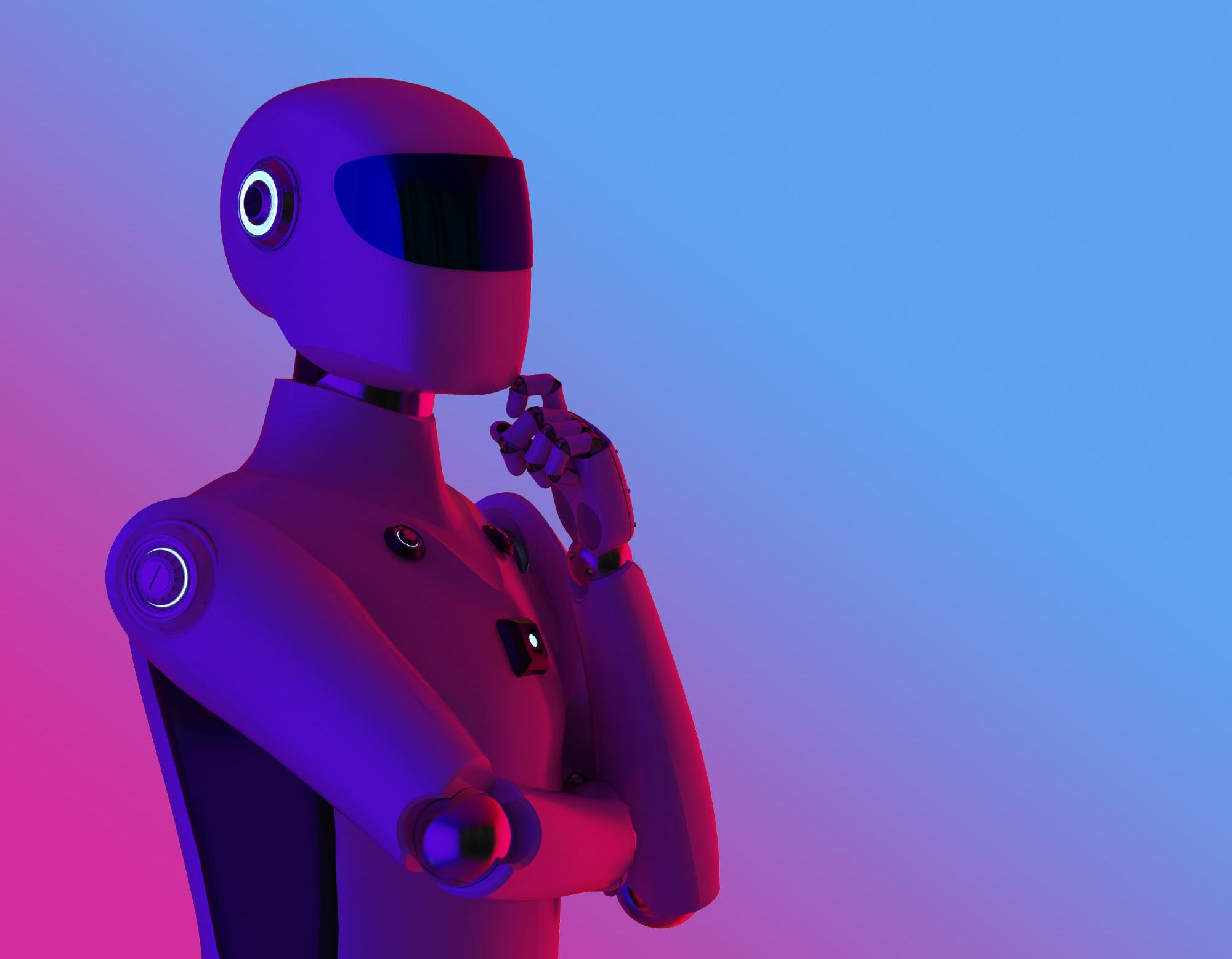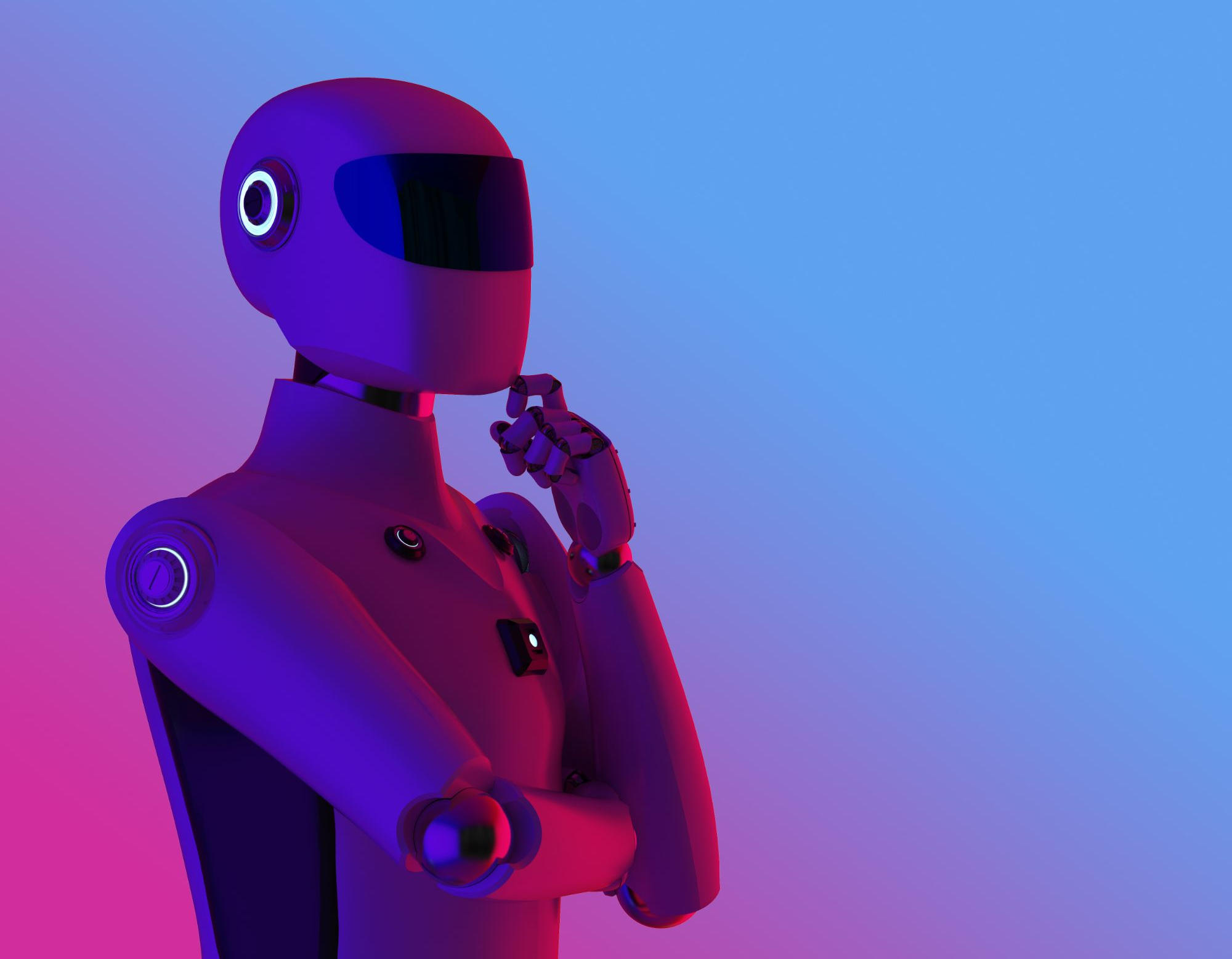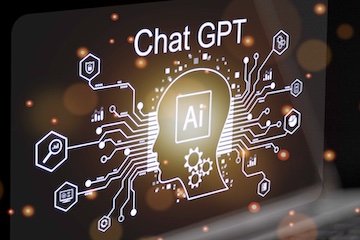
یک مطالعه اخیر نشان داد که چت ربات هوش مصنوعی، ChatGPT، 97 درصد پاسخ صحیح به افسانه ها و باورهای غلط رایج سرطان ارائه می دهد، اما به دلیل زبان غیرمستقیم و بالقوه گیج کننده اش، نگرانی هایی را ایجاد می کند و بر لزوم احتیاط در توصیه به بیماران برای استفاده از چت بات ها برای اطلاعات سرطان تاکید می کند.
مطالعه منتشر شده در مجله طیف سرطان موسسه ملی سرطان به استفاده روزافزون از چت بات ها و هوش مصنوعی (AI) در ارائه اطلاعات مربوط به سرطان پرداختند. محققان دریافتند که این منابع دیجیتالی به طور دقیق افسانه ها و تصورات نادرست در مورد سرطان را از بین می برند. این تحقیق پیشگام توسط دکتر اسکایلر جانسون، پزشک دانشمند در موسسه سرطان هانتسمن و استادیار بخش انکولوژی تشعشع در دانشگاه یوتا انجام شد. هدف او ارزیابی قابلیت اطمینان و[{” attribute=””>accuracy of cancer information provided by ChatGPT.

Skyler Johnson, MD. Credit: Huntsman Cancer Institute
Johnson and his team used the National Cancer Institute’s (NCI) list of frequent cancer myths and misconceptions as a testing ground. They found that a significant 97% of the answers provided by ChatGPT were accurate. Nevertheless, this result is accompanied by noteworthy caveats. One significant concern raised by the team was the potential for some of ChatGPT’s answers to be misunderstood or misinterpreted.
“This could lead to some bad decisions by cancer patients. The team suggested caution when advising patients about whether they should use chatbots for information about cancer,” says Johnson.
The study found reviewers were blinded, meaning they didn’t know whether the answers came from the chatbot or the NCI. Though the answers were accurate, reviewers found ChatGPT’s language was indirect, vague, and in some cases, unclear.
“I recognize and understand how difficult it can feel for cancer patients and caregivers to access accurate information,” says Johnson. “These sources need to be studied so that we can help cancer patients navigate the murky waters that exist in the online information environment as they try to seek answers about their diagnoses.”
Incorrect information can harm cancer patients. In a previous study by Johnson and his team published in the Journal of the National Cancer Institute, they found that misinformation was common on social media and had the potential to harm cancer patients.
The next steps are to evaluate how often patients are using chatbots to seek out information about cancer, what questions they are asking, and whether AI chatbots provide accurate answers to uncommon or unusual questions about cancer.
Reference: “Using ChatGPT to evaluate cancer myths and misconceptions: artificial intelligence and cancer information” by Skyler B Johnson, Andy J King, Echo L Warner, Sanjay Aneja, Benjamin H Kann and Carma L Bylund, 17 March 2023, Journal of The National Cancer Institute – Cancer Spectrum.
DOI: 10.1093/jncics/pkad015
The study was funded by the National Cancer Institute and Huntsman Cancer Foundation.







